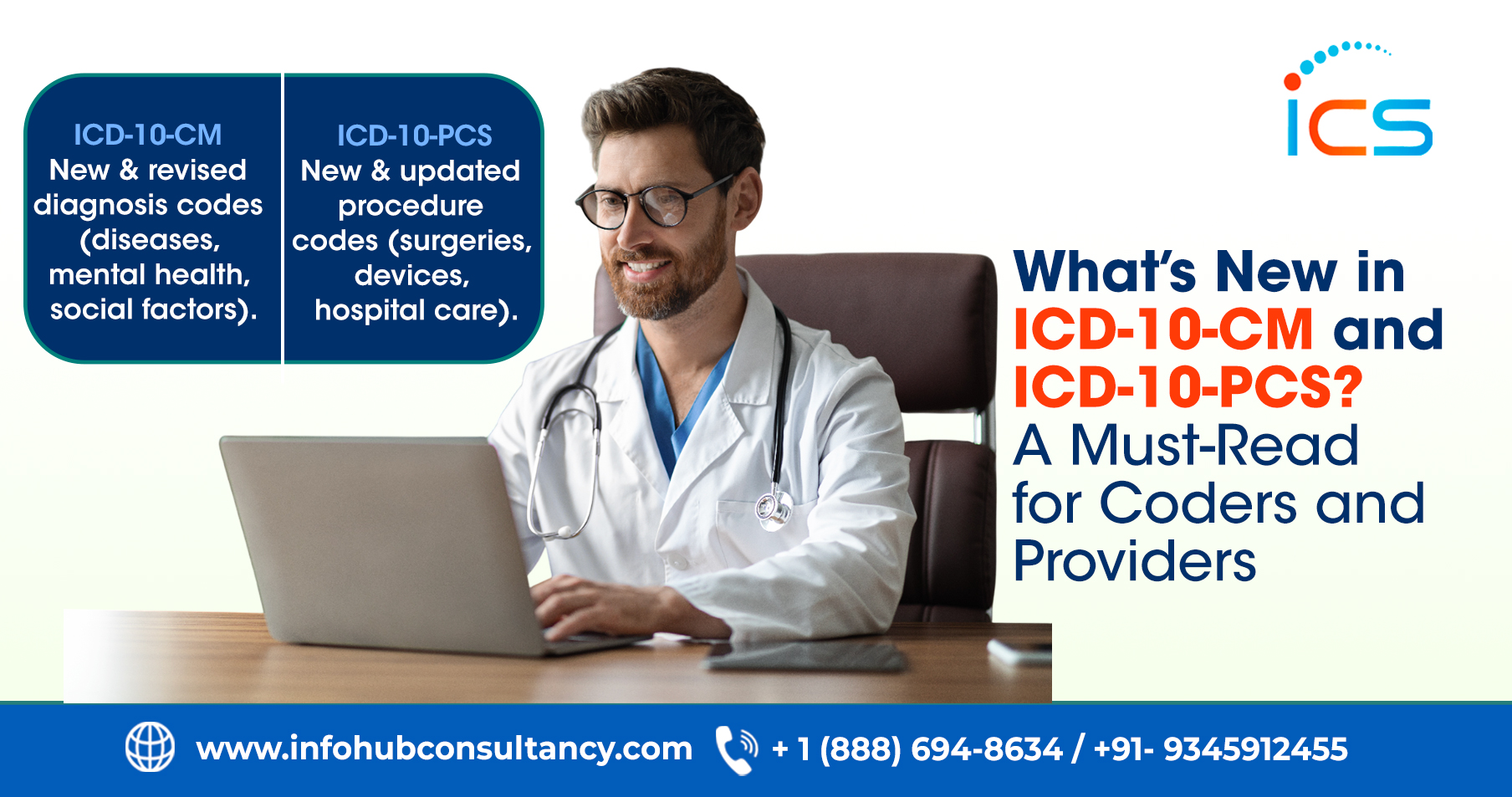It is important to learn the wide range of information about pharmacy billing. Pharmacy has its own unique set of issues with reimbursement and profitability, just like every other specialty. If poorly executed, several components of pharmacy billing may have an impact on reimbursement and, consequently, the Revenue Cycle Management (RCM) process.
Understanding Pharmacy Billing
When a professional manages pharmaceutical billing and coding, the task is completed most effectively. The pharmaceutical companies and the medical services can concentrate on their core competencies while the professionals handle the billing thanks to the personalised and detailed billing solution.
Pharmacy Billing Facts
Pharmacy billing involves certain facts that help understand the basics.
- Enrolling in the NCPDP, a service that enables pharmacies to bill, is the first step. The NCPDP assigns a special number to each pharmacy that it recognises for billing.
- A Pharmacy Benefit Manager is a third party that every insurance provider employs (PBM). These middlemen are paid when a prescription is filed, and they conduct audits to make sure everything is correct.
- Although contract signing is a necessary step, you must thoroughly read and comprehend it before you do so. An effective billing cycle depends on realising allowed and payment charges.
- A pharmacy cannot submit a claim to a PBM until a contract authorising payment to the pharmacy, co-pays, etc. has been signed. There are many contracts for each PBM.
- Technology is a necessary component of life, and QS1 billing software is used for pharmaceutical billing. The billing procedure is largely automated, however there may be rare situations when prior clearance and unique billing are required. It is vital to check with an insurance provider if the medication is reimbursable for these.
- When the community pharmacy receives a prescription, it is crucial to note the source of the prescription in order to determine whether the patient is on Medicaid or Medicare. Utilizing origin codes, this is monitored.
Factors that Affect Pharmacy Billing
Procurement
The conversion of the ordered amount and pricing details to the storage unit of measure is crucial during this stage. The price of inventory is also taken into consideration. Any error at this stage could cause the revenue cycle management to fail.
Coding
A shift in responsibility to a patient or a payer, results in the hospital not obtaining the correct payment if a medicine is not coded with the correct HCPCS code or whose revenue code is inaccurate in the charge master. The hospital might not even get a denial error from CMS, putting tens of thousands of dollars’ worth of revenue at risk and putting compliance at risk.
Regulations & Compliances
The administration of the business should be able to stay abreast of all CMS rules and any ongoing modifications pertaining to medications and pharmaceutical invoicing. It will guarantee that the danger of reimbursement rejection is reduced and that revenue cycle management continues to function properly.
Linkages between Purchases & Billing
The majority of hospitals have separate procedures for ordering, using, and processing payment for medications. It is difficult to ensure appropriate charge capture and effective reimbursement without a relationship between pharmacy spending on prescription drugs and the charge master. Hospitals should also have automated technologies to accurately identify charge collection problems, so they can determine when and where they occur and reduce revenue loss.
Data Workflow
The pharmacy must handle the complete workflow to guarantee full compensation for a drug sold or administered. Starting with the procurement, inventory, and billing processes, it continues with the manner of delivering or distributing the medication and ends with the reimbursement. Another crucial step in the process is how the pharmacy bills and codes the prescription. The revenue cycle will be interrupted if any entered data is inaccurate. Additionally, the drug’s reimbursement does not materialise.
Charge Master
When reimbursable pharmaceuticals are miscoded or absent in the chargemaster, a revenue leak sometimes happens in pharmaceutical billing at this stage. To translate from the amount purchased to the amount supplied to patients, the pharmaceutical amounts are needed. Only when an appropriate charge master is in place can the medication be billed.
Drug Prices
Drugs may be purchased by hospitals for a higher cost than fixed-fee payers will pay for them. Generic substitutes and cost-saving options might be present, but they are not thoroughly investigated. Every pharmacy must to have a procedure in place for comparing drug costs to reimbursement on a regular basis.

 4 mins read
4 mins read 








.png)

